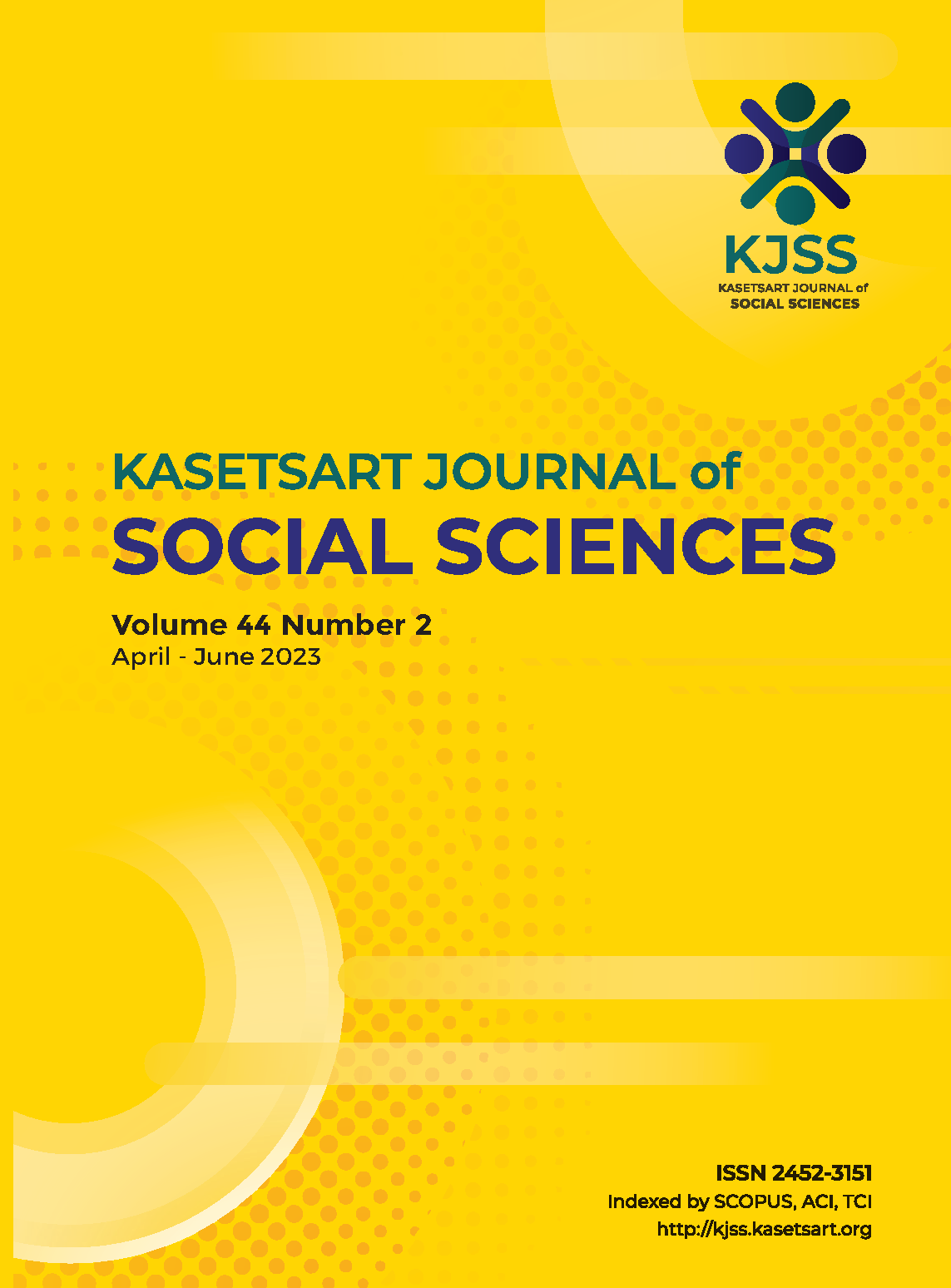The economic impact of special economic zones: Evidence from Thailand
Keywords:
foreign direct investment, special economic zone, ThailandAbstract
This paper examines Thailand’s establishment of Special Economic Zones (SEZs) on the local economy. The analysis is based on a panel data set covering 77 provinces over the period 2012–2020. Comparing the changes between the provinces that created a SEZ and those outside the zones, it was found that the SEZ program has not attracted significant levels of foreign investment into the zones. Difference-in-difference estimation is used to assess the difference in real gross provincial product per capita and poverty rate between SEZs and non-SEZs. The main results show that after implementing the SEZ policy in 2015, the provinces that established a SEZ do not achieve a significantly higher rate of economic growth compared to those outside the SEZs. In addition, progress in poverty reduction in SEZs is not better than that in non-SEZs. The results are consistent when estimating the model using a system GMM estimator to address endogeneity issue. These results point towards a lack of a favorable investment environment in the zones and fiscal incentives offered by the SEZ program as a driving factor behind the null effects.
Downloads
Published
How to Cite
Issue
Section
License

This work is licensed under a Creative Commons Attribution-NonCommercial-NoDerivatives 4.0 International License.
This is an open access article under the CC BY-NC-ND license http://creativecommons.org/licenses/by-nc-nd/4.0/










